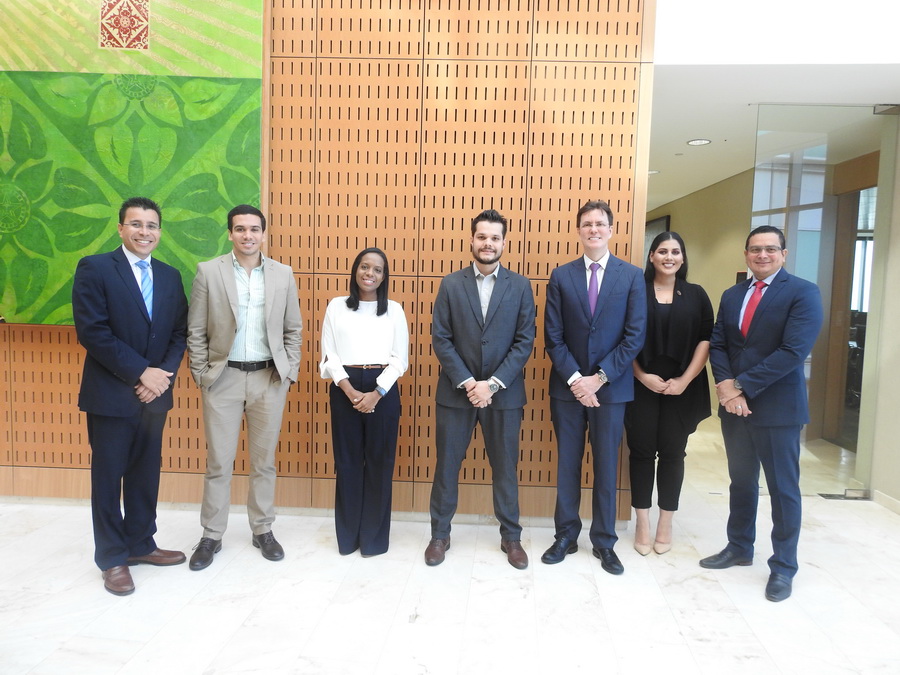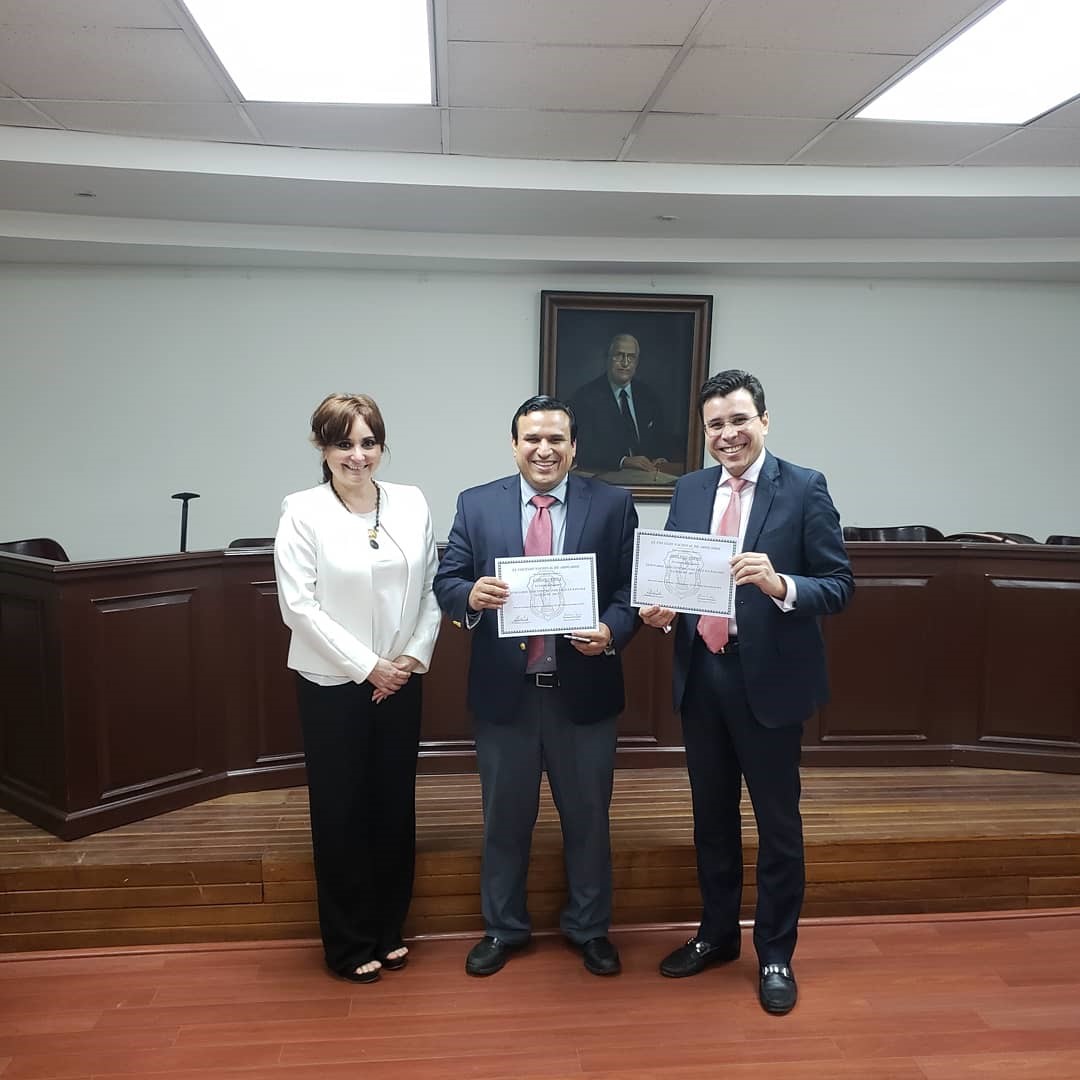Morgan & Morgan Forum on Transfer Pricing
Morgan & Morgan, in partnership with Grupo Camacho Internacional (Costa Rica), presented a forum on Transfer Pricing Matters for a distinguished group of clients of the firm with the objective of updating them about important changes on this complex issue, which affects both local and multinationals companies with operations in Panama. The topics were presented
- Published in 2019, Adolfo Campos, amanda_barraza_publi, Angelica Ortiz, Barraza Amanda, Enrique Jimenez, News, Taxation_news
Transfer Pricing Update in Panama
The regulation of Transfer Pricing is one of the mechanisms through which the Directorate General of Revenue (DGI) seeks to avoid the erosion of the tax base. In Panama, it is regulated in the Fiscal Code in its Chapter IX from Article 762-A to 762-Ñ. The obligation on the issue of Transfer Pricing and specifically
- Published in 2018, 2019, Adolfo Campos, Publications, Taxation_news
Morgan & Morgan participated in Seminar on Property Taxes
Panama, November 20, 2018. Adolfo Campos, senior associate and tax specialist, took part as speaker in the Seminar on Property Taxes in Panama-New Law 66 of 2017. During the event the speakers talked about the most relevant aspects of Law 66 of 2017 which will begin to take effect on January 1st, 2019. The activity
- Published in 2018, Adolfo Campos, News, Taxation_news
Morgan & Morgan presented tax updates
The Tax Team of Morgan & Morgan invited a group of clients to a breakfast-discussion table where the last updates and news on tax issues were presented. In front of a full house, partner Enrique Jimenez, and lawyers Adolfo Campos, Amanda Barraza and Carlos Sinisterra (CPA) talked with clients about the changes and amendments that
- Published in 2018, Adolfo Campos, Barraza Amanda, Enrique Jimenez, News, Taxation_news
Deduction of education expenses
Article published in the Tax Column of the newspaper La Prensa (April 15, 2018) The National Assembly approved a bill that will allow individual guardians and taxpayers to deduct education expenses incurred with respect to their minor dependent or dependents, which includes (but not limited to as we understand) enrollment and school fees, as well
- Published in 2018, Adolfo Campos, Press Room
The tax rule that subsists over time
Article published in the Tax Column of the newspaper La Prensa (April 1, 2018) Someone once told me: “well-made rules subsist over time.” On the 7th of May, Cabinet Decree 109/1970 and its amendments, which regulate the Directorate General of Revenue (DGI), will celebrate 48 years since its approval. To read the full article click
- Published in 2018, Adolfo Campos, Press Room
A Predicted Tax Legislation
Article published in the Tax Column of the newspaper La Prensa (March 4, 2018) Act 51 of 2013 granted the opportunity to regularize the taxes administered by the National Revenue Authority (ANIP, known today as Directorate General of Revenues -DGI-) in favor of taxpayers for the payment of their taxes on undeclared income in the
- Published in 2018, Adolfo Campos, Press Room
Pending tasks with property tax
Article published in the Tax Column of the newspaper La Prensa (February 18, 2018) The changes introduced by Act 66 of October 17, 2017 (Act 66/2017), brings with it a new concept and alternative to the procedure on the part of the taxpayers, which is the right to adopt or not to the regime of
- Published in 2018, Adolfo Campos, Press Room
Morgan & Morgan advised a manufacturer of insulated panels and insulation boards with respect to the acquisition of a Spanish conglomerate
Morgan & Morgan acted as local counsel to one of the most important manufacturers of insulated panels and insulation boards in the acquisition of a Spanish conglomerate involved in the polyurethanes business with presence in the Republic of Panama. This cross-border deal was closed in the last quarter of 2017 and was the biggest transaction
- Published in 2017, Adolfo Campos, expertise, Milagros Caballero, Pablo Epifanio
New challenges in tax matters
Article published in the Tax Column of the newspaper La Prensa (November 26, 2017) In Panama, of the 12 taxes of a national nature, only 2 of them expressly do not typify the figure of tax fraud, however, they have, like the other 10, pecuniary sanctions constituted by surcharges and interest for late payment of
- Published in 2017, Adolfo Campos, Press Room










